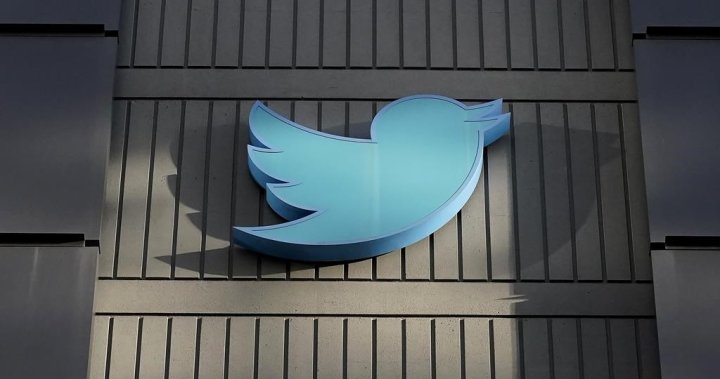
Musk and U.S. midterms: Could Twitter takeover trigger rise in misinformation?
Global News
With the U.S. midterm elections less than two weeks away, Elon Musk's $44 billion acquisition of Twitter could unleash a fresh wave of election misinformation.
With the U.S. midterm elections less than two weeks away, Elon Musk‘s $44 billion acquisition of Twitter could unleash a fresh wave of election misinformation just as voters are casting ballots that will determine control of Congress for the next two years, political and media experts say.
Musk, the CEO of electric car maker Tesla, says he is a free speech “absolutist” and has vowed to loosen the reins on chatter within the social media app, which in recent years had striven to limit toxic content it viewed as dangerously false or discriminatory even as its global influence has widened.
Musk sought to address fears on Thursday, telling Twitter advertisers that the platform “cannot become a free-for-all hellscape, where anything can be said with no consequences!” On Friday, the entrepreneur announced he would form a “content moderation council with widely diverse viewpoints.”
But Musk has voiced skepticism about the site’s permanent bans of figures such as former President Donald Trump, who lost his account – and its nearly 90 million followers – shortly after the Jan. 6, 2021, attack on the U.S. Capitol by a mob of his supporters. Trump had used his account to assert falsely that the 2020 election was stolen from him.
Musk has also criticized the site’s moderation policies in the past, and his plans to make major cuts to staff could hamstring the site’s ability to police its content, which it has struggled at times to do in the past.
“The bird is freed,” he wrote on Twitter after completing the acquisition on Thursday.
How much influence a more loosely moderated Twitter would have on political discourse in the run-up to the Nov. 8 general election is not clear. Early voting has already begun in a number of states, and polls show most voters have already made up their minds.
A more permissive Twitter could help to amplify false narratives around key election results in the days after Nov. 8 if some candidates refuse to accept the outcome and cry fraud as some fear may happen.













